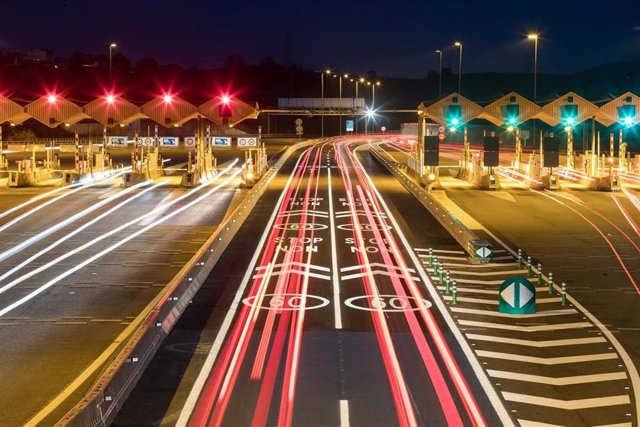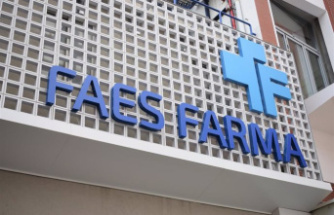It estimates only 33 million euros for the investments already recognized by the Administration
MADRID, 29 Ene. (EUROPA PRESS) -
The Supreme Court has rejected Abertis' claim to the State for 4,000 million euros in relation to the lane widening works carried out on the AP-7 toll highway in 2006, estimating only the concession of 33 million euros for the investments that were recognized by the Administration.
After the concession period expired on August 31, 2021, the Council of Ministers adopted an agreement in February 2022 to compensate 1,070 million euros for the works carried out, something that was challenged by Acesa, Abertis' concessionaire.
The company considered that the amount corresponding to it under the agreement was 5,373 million euros, which is why it claimed the difference between this amount and the amount recognized by the Council of Ministers in the appeal that has now been resolved by the Supreme Court.
Acesa did not agree with the interpretation made by the Council of Ministers of the mathematical compensation formula established in the 2006 agreement, when establishing the differential margin between real and reference traffic based on historical series.
If it was negative, it could not be added to the investments made by Acesa, while the company considered that the agreement included a traffic guarantee, so that if the differential margin was negative, it should be added to the investments made. From 2006 until the end of the concession in 2021, real traffic was lower than reference traffic in almost every year.
The Supreme Court does not accept Acesa's interpretation, considering that the pacts and stipulations of the agreement do not make any reference or include any agreement between the parties on a transfer of the risk of lawsuit, nor is any traffic guarantee established in favor of of the concessionaire, but only compensation to Acesa for the investments and works carried out under the agreement is contemplated, with the corresponding update.
The High Court also considers that an agreement of this type, which guarantees the concessionaire a certain amount of traffic, is contrary to the legal regime of highway concessions, as it contemplates an elimination of risk.
Aside from this main claim, Acesa alleged that the investment in the works and actions provided for in the 2006 agreement was not 505 million euros, as recognized in the agreement of the Council of Ministers, but rather 555 million euros, so claimed the difference.
Thus, the Supreme Court has partially upheld this section of the claim, admitting that there were necessary works carried out by Acesa for an amount of 32.9 million euros, which were recognized and accepted by the Administration, which is why it considers that the claimant should be compensated in this amount, plus the corresponding update according to the formula provided in the agreement.
On the other hand, Acesa claimed 203 million euros for the reduction of traffic on the AP-7 as a result of the splitting of the national roads N-II (Girona) and N-340 (Tarragona), something that the Supreme Court does not estimate, by arguing that only 39.4 kilometers of doubling were carried out.
Furthermore, as a result of the expert evidence carried out, the Supreme Court has not considered it proven that these limited splits affected the traffic of the AP-7 in an appreciable way, but rather considered that the traffic on this highway had a behavior similar to that of other highways. toll roads, with which it shared relevant turning points, such as the beginning of the economic crisis or the Covid-19 pandemic, without the AP-7 presenting signs of specific effects on its traffic coinciding with the splits.
The origin of the appeal is the agreement concluded between Acesa and the General State Administration to modify the AP-7 highway, which Acesa operated, approved by Royal Decree 457/2006, of April 7.
The text explained that the substantial increase in traffic on that highway and the repeated problems of vehicle congestion at specific times and routes made it necessary to expand it, through the construction of new lanes in certain sections, as well as the implementation of a system toll closed in a specific section.
Under the agreement, Acesa assumed the obligation to carry out the investments and works necessary for the expansion and the agreement itself established a formula for reestablishing the economic and financial balance of the concession, altered as a result of the actions undertaken by the concessionaire.













